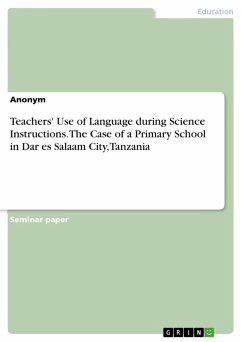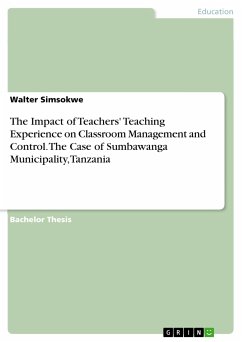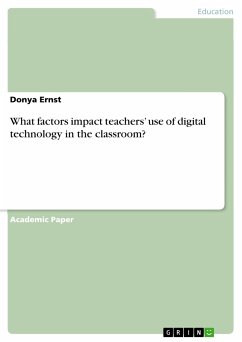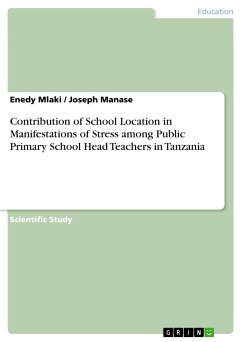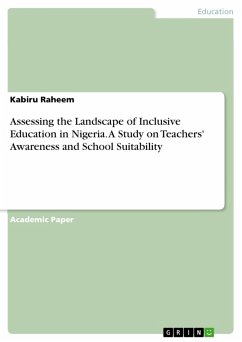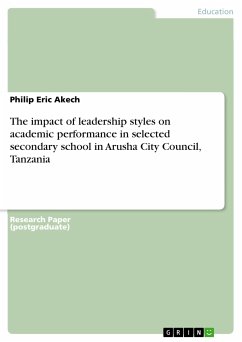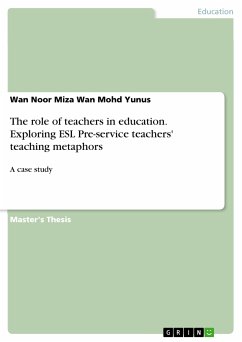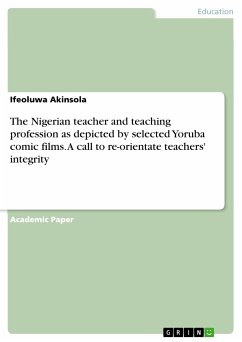Seminar paper in the subject Pedagogy - The Teacher, Educational Leadership, Aga Khan University, language: English, abstract: A number of scholars have advised on the importance of the correct use of language and what teachers should do in order to reduce the problem of difficulty in science and technology courses. Bl Young, (1979), states that teachers need to use either a local language or the language which is more generally spoken or English to explain the meaning of scientific terms to learners. Looking at the same topic, Taylor (2006), accepts Young's contribution and says that communication in science is a means to offer support to students to build understanding in science concepts and the role of the teacher is to help in the process of developing an understanding of scientific concepts. Most countries around the world are interested in science and technology, which is the reason why many developed countries around the world owe their Growth Domestic Product, which is the measure of a country's wealth, to science and technology. In Uganda, almost all universities that are government sponsored, are those offering science and technology related courses. Gudula (2017), observes that the above-mentioned areas of study are not only challenging to many learners in a given country, but also to many learners around the world and there is a need to have this problem solved so that the numbers of students taking science and technology related courses increases in the higher institutions of learning. One of the problem areas that engulfs many countries (including Tanzania), is the poor results of pupils in science at primary school level. Making further analysis in the matter, Gudula (2017), asserts, "It has been recognized for decades that there is worldwide underachievement in science education and international research have shown that issues on language are key areas contributing to high failure rates in the subject".
Dieser Download kann aus rechtlichen Gründen nur mit Rechnungsadresse in A, B, BG, CY, CZ, D, DK, EW, E, FIN, F, GR, HR, H, IRL, I, LT, L, LR, M, NL, PL, P, R, S, SLO, SK ausgeliefert werden.

